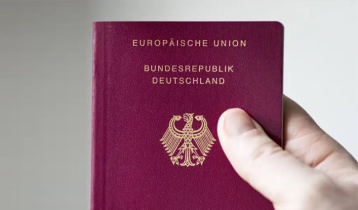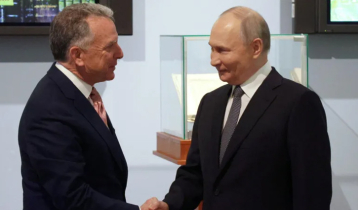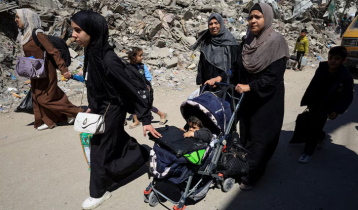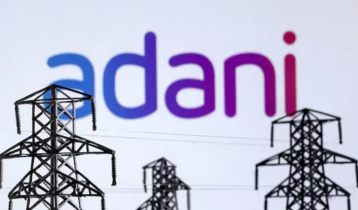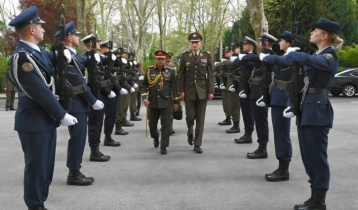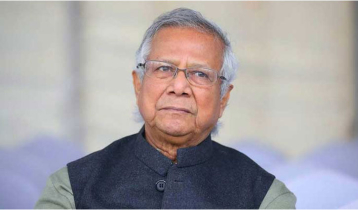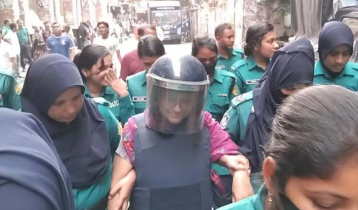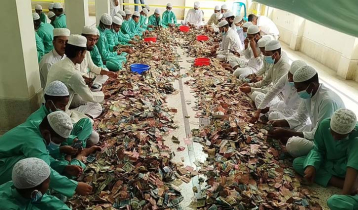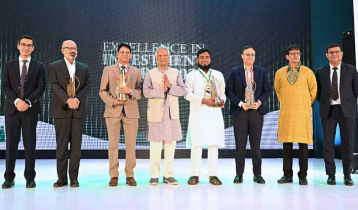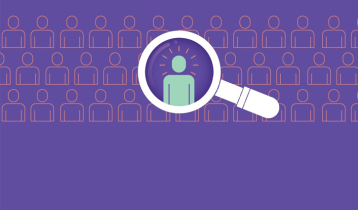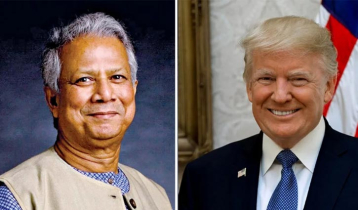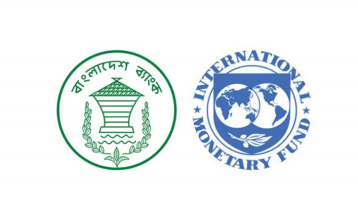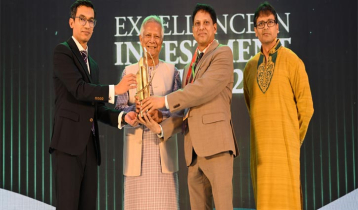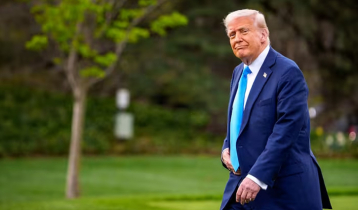World's first 'test tube baby' turns 40
2 || risingbd.com
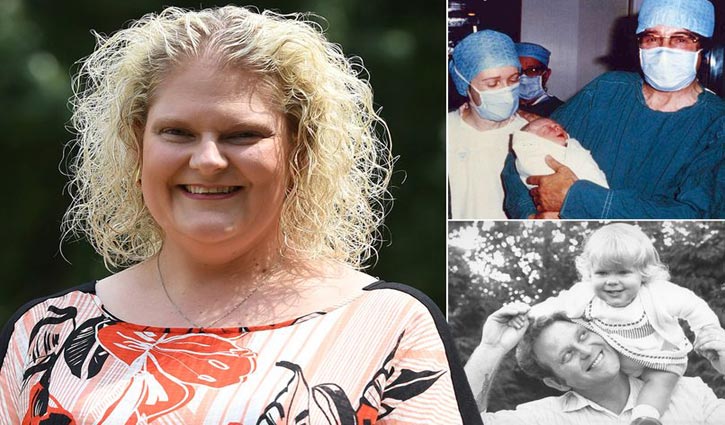
Risingbd Desk: The world’s first ‘test tube’ baby is celebrating her 40th birthday, in what marks a landmark anniversary for IVF.
Louise Brown was born at Oldham General Hospital on 25 July 1978, having been conceived by IVF at Dr Kershaw’s Hospital in Royton.
Professor Daniel Brison, a reproductive biology expert from the University of Manchester, said: “IVF has changed the world, thanks to the work of Steptoe, Purdy and Bob Edwards at Dr Kershaws.
“The first NHS-funded IVF service was also established in 1983 at St Marys Hospital here in Manchester.
“Since then, IVF babies now total over 6 million and make up more than 2% of all UK births.”
The development of IVF was a defining moment for reproductive technology, pioneered by British scientists.
And while it’s now a billion-pound, global industry, success rates remain remarkably low.
Aileen Feeney, chief executive of Fertility Network UK, said: “Despite 40 years of this life-changing technology, IVF’s average success rate is still only 25%.
“It is important to remember the couples for whom IVF did not work and all those who have been denied access to fertility treatment because they live in an area where medical help has been cut or removed.
“What Fertility Network UK would like to see now is access to IVF based on medical need, more support for the 1 in 6 couples with fertility problems and recognition that infertility has a massive and often life-long impact on mental health.”
What is IVF?
In vitro fertilisation (IVF) is a technique available to help people with fertility problems have a baby.
The technique involves collecting a woman’s eggs and fertilising them with sperm in the lab.
If fertilisation is successful, the embryo is allowed to develop for between two and six days, before being transferred back to the woman’s womb to hopefully continue to a successful birth.
Normally several embryos will be created in the lab, and those that aren’t implanted are frozen.
These frozen embryos can then be used later on, if the first attempt isn’t successful, or if you want to try for another baby.
Unfortunately, success rates remain fairly low, and decrease with the woman’s age.
According to the Human Fertilisation & Embryology Authority, (HFEA) the below percentages show the average chance of a birth from IVF depending on a woman’s age:
under 35: 29%
35-37: 23%
38-39: 15%
40-42: 9%
43-44: 3%
over 44: 2%
Source: The Mirror
risingbd/Dhaka/July 25, 2018/A K Azad
risingbd.com


